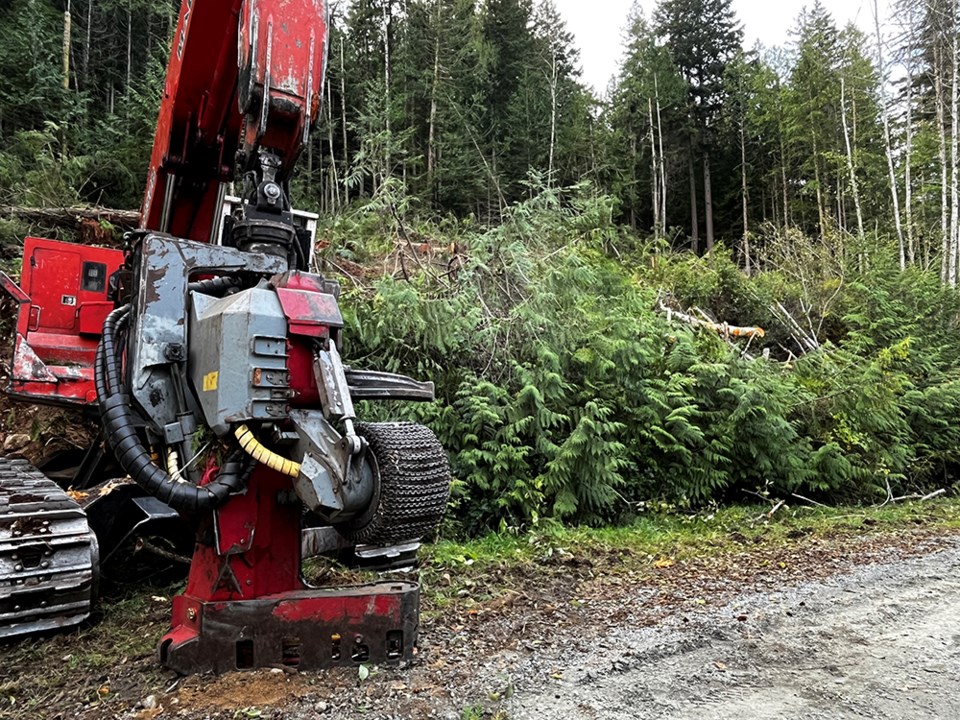Walking through the clear-cuts north of Lund, I’ve noticed they’re not terrible by typical standards—narrow, distant from riparian zones, with big firs left standing. But the real problem lies in what comes next: replanting.
Replanted areas aren’t forests; they’re fiber-farms—dense monocultures devoid of biodiversity. There are no birds, deer, or diverse plant life, just crowded trees competing for scarce nutrients. If we had to live off these lands, we’d starve.
Replanting is a public relations greenwash, creating biological deserts instead of ecosystems. Naturally regenerating forests, by contrast, begins with nitrogen-fixing alders, enriched soils and balanced biodiversity. They grow stronger, support a web of life, and resist fire and disease far better than sterile tree farms.
Yet British Columbia clings to outdated forestry models focused on short-term profit. Third-growth trees grow poorly, requiring fertilizer that pollutes lakes. Fiber-farms are tinderboxes, primed for catastrophic fires.
The extractive industry’s relentless push for profit continues to destroy old-growth forests, while First Nations must sue to protect their unceded lands.
Where do we start? Remember the clear-cuts I began with? Why not replant one of them while letting others regenerate naturally? We could compare outcomes and learn something valuable.
Redirect resources toward crafting stronger legislation or exploring innovations like dirigible logging. We could listen to professional foresters and scientists rather than corporate lobbyists.
BC could lead the world in forestry innovation, but only if we upgrade our economic belief systems. Continuing to enrich the wealthy while impoverishing the land we all depend on is madness.
Mike P. Robinson has been a resident of Lund for 35 years.
Join the Peak's email list for the top headlines right in your inbox Monday to Friday.





